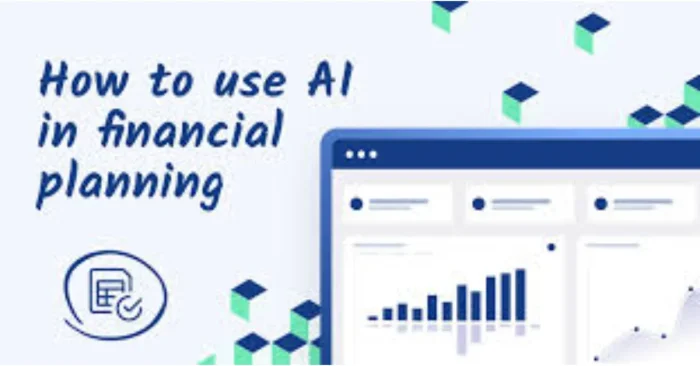Overview
AI tools for financial planning help individuals, entrepreneurs, and businesses make smarter money decisions. These tools automate budgeting, track expenses, forecast investments, and provide personalized financial advice. With AI, users can set realistic goals, manage risks, and improve savings strategies. From retirement planning to investment portfolio management, AI-powered platforms simplify complex financial data into easy-to-understand insights. They also monitor market trends and predict outcomes, enabling users to make informed choices. Whether for personal use or corporate finance, AI financial planning tools save time, reduce errors, and boost financial stability, ensuring long-term financial success and security.
1. AI for Budget Management
AI budgeting tools track income, expenses, and spending habits automatically. They categorize transactions, highlight unnecessary expenses, and recommend savings strategies. This ensures users stay within budget and plan finances more effectively.
2. AI in Investment Forecasting
AI analyzes market data to predict stock trends and investment opportunities. These tools help investors make data-driven decisions, reduce risks, and maximize returns. AI investment forecasting empowers both beginners and professionals with actionable insights.
3. AI for Expense Tracking
AI tools automatically track daily expenses from bank accounts and credit cards. They provide clear reports and visual summaries, making it easier for users to manage money and identify spending patterns.
4. AI in Tax Planning
AI-powered tax tools analyze income and expenses to suggest deductions, credits, and filing strategies. They reduce errors, ensure compliance with laws, and simplify the tax filing process significantly.
5. AI for Retirement Planning
AI calculates retirement needs by analyzing lifestyle, income, and inflation. It recommends personalized saving strategies to secure financial stability in later years. These tools ensure users stay on track with long-term goals.
6. AI in Debt Management
AI tools suggest repayment strategies by analyzing loans, credit card balances, and interest rates. They help users prioritize debt payments, reduce financial stress, and achieve debt-free living faster.
7. AI for Risk Assessment
AI assesses financial risks by analyzing spending, investments, and market behavior. It provides insights into risk tolerance and suggests safer strategies. This ensures better financial security for individuals and businesses alike.
8. AI in Financial Advisory
AI-powered robo-advisors provide personalized investment and savings advice. They create customized portfolios, monitor performance, and rebalance automatically, making professional-level advisory services affordable for everyone.
9. AI for Goal Tracking
AI tools help users set and track financial goals such as buying a house, saving for education, or building an emergency fund. They monitor progress and adjust strategies when necessary to ensure success.
10. AI in Fraud Detection
AI monitors transactions in real time to detect unusual activities and prevent fraud. It protects users from financial risks and ensures secure management of personal and business finances.
(FAQs)
Q1: Can AI replace human financial advisors?
AI provides accurate insights and automation, but human advisors add personal judgment and experience for complex decisions.
Q2: Are AI financial planning tools secure?
Yes, most AI tools use encryption and security measures to keep personal and financial data safe from cyber threats.
Q3: Do AI tools help in long-term financial growth?
Yes, AI supports goal tracking, investment forecasting, and personalized strategies, ensuring consistent financial growth over time.






